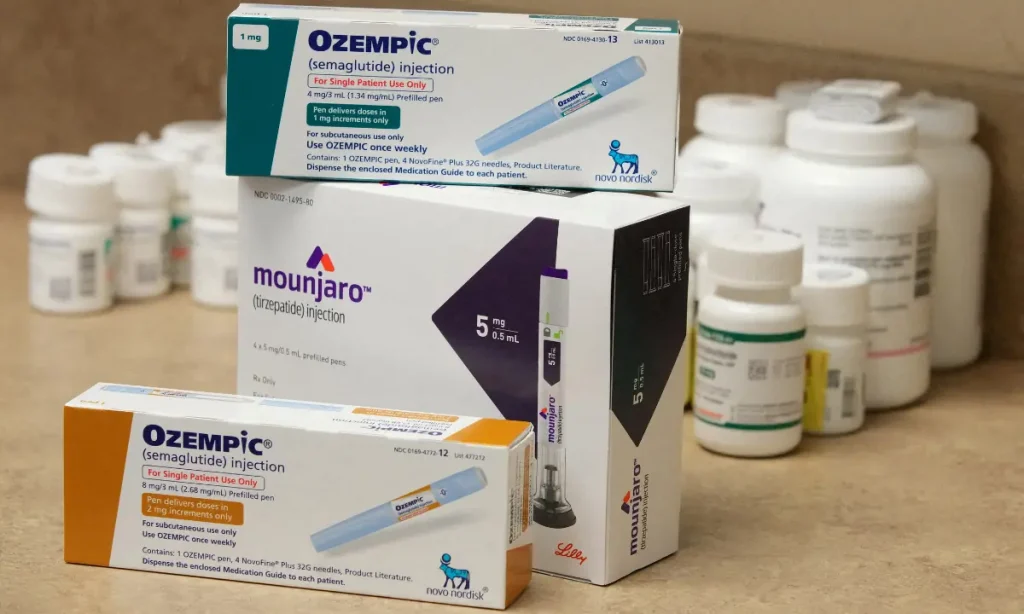In a historic move to combat the global epidemics of obesity and diabetes, the World Health Organisation (WHO) has for the first time recommended a new generation of weight-loss drugs for its Essential Medicines List. The decision, announced on Friday, includes the active ingredients semaglutide (found in Novo Nordisk’s Ozempic and Wegovy) and tirzepatide (used in Eli Lilly’s Mounjaro). This classification signals that these medicines are considered vital for addressing major public health needs and should be available and affordable worldwide.
The urgency of this decision is underscored by staggering WHO figures, which show that illnesses related to being overweight or obese killed more than 3.7 million people in 2021—a death toll exceeding that of malaria, tuberculosis, and HIV combined. While these GLP-1 agonist drugs have shown remarkable efficacy in promoting weight loss and improving health outcomes, their exorbitant cost, often over $1,000 per month, has placed them out of reach for most people in developing nations.
To bridge this access gap, the UN health agency is strongly encouraging “generic competition to drive down prices.” This call is supported by research indicating that generic versions of semaglutide could be mass-produced for as little as $4 per month. The impending expiration of the semaglutide patent in several countries, including India and China, next year could further accelerate the production of affordable generics.
Beyond their use for diabetes and weight management, emerging research suggests these drugs could benefit a broad range of health issues, including addiction and heart disease. A recent study published in JAMA found that heart patients taking them had a over 40% lower risk of hospitalization or premature death, solidifying their potential as multi-faceted, life-saving treatments.














